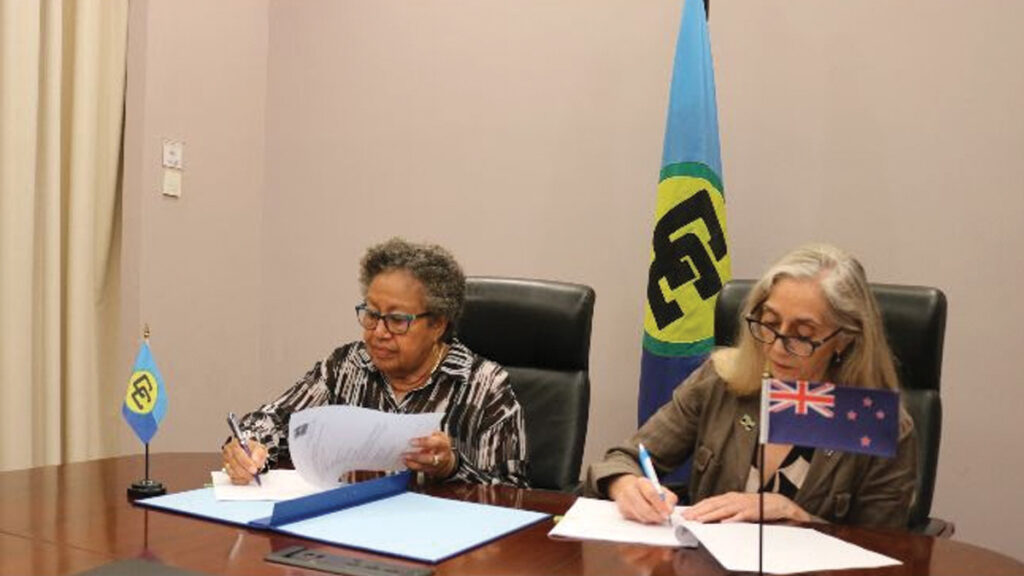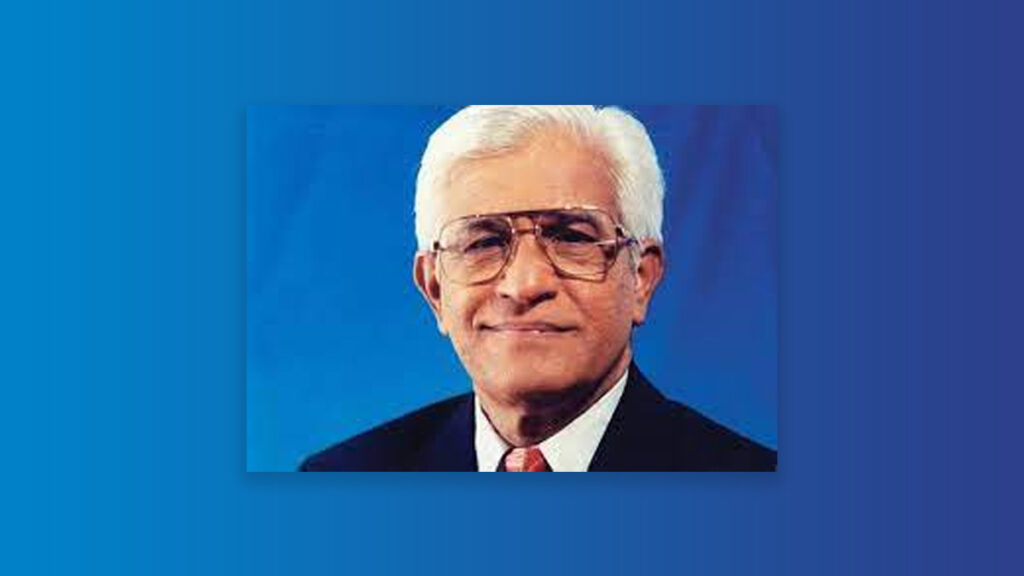Outcome declaration of CARICOM, International Partners and Haitian Stakeholders
Written by Radio Caribbean International on March 11, 2024
The text of the following statement was released by the Caribbean Community (CARICOM), Haitian stakeholders, the United Nations, the Governments of Brazil, Canada, France, Mexico, and the United States of America, on the announcement of a transitional governing arrangement between the Haitian stakeholders, in Kingston, Jamaica – 11 March 2024.
CARICOM convened Haitian Stakeholders and the following International Development Partners: Brazil, Canada, France, Mexico, the United Nations, and the United States of America to discuss the multidimensional crisis in Haiti. This meeting followed a series of discussions over a period of time, including those facilitated by the Eminent Persons Group, which engaged a wide range of actors including Haitian political parties, the religious community, private sector, the diaspora, and civil society.
We are pleased to announce the commitment to a transitional governance arrangement, which paves the way for a peaceful transition of power, continuity of governance, an action plan for near-term security, and the road to free and fair elections. It further seeks to assure that Haiti will be governed by the Rule of Law. This commitment reflects hard compromises among a diverse coalition of actors who have put their country above all differences. To that end: We acknowledge the resignation of Prime Minister Ariel Henry, upon the establishment of a Transitional Presidential Council and the naming of an Interim Prime Minister.
And the following is agreed:
- The creation of a Transitional Presidential Council comprised of seven voting members and two non-voting observers. The seven voting members will comprise one representative from each of the following groups: Collectif, December 21, EDE/RED/Compris Historique, Lavalas, Montana, Pitit Desalin, and the Private Sector. The non-voting members will be represented by one member from Civil Society and one member of the InterFaith community. The Council will exercise specified presidential authorities during the transition, operating by majority vote;
- The exclusion from the Transitional Presidential Council of:
- anyone who is currently on a charge, indictment or has been convicted in any jurisdiction;
- anyone who is under UN Sanction;
- anyone who intends to run in the next election in Haiti;
- anyone who opposes the UN Security Council (UN SC) Resolution 2699.
- The Transitional Presidential Council will swiftly select and appoint an interim Prime Minister;
- The Transitional Presidential Council will together with the Interim Prime Minister appoint an inclusive Council of Ministers;
- The Transitional Presidential Council will hold the relevant and possible powers of the Haitian presidency during the transition period until an elected government is established. The Transitional Presidential Council will undertake the following:
- Appoint an inclusive Council of Ministers;
- co-sign the orders, decrees and to sign off on the agenda of the Council of Ministers
- set the essential criteria for the selection of an impartial Provisional Electoral Council (CEP) and establish the Provisional Electoral Council;
- make arrangements for a peaceful transition, ensure continuity of governance, and establish a national security council;
- continue collaboration with all members of the international community for the accelerated deployment of the Multinational Security Support Mission authorized by UNSCR 2699/2023.
It is agreed that implementation of these measures will be conducted in parallel.
The parties also made specific, individual commitments regarding principles of inclusion, integrity, a restoration of peace, and an orderly transition of power.
These shared and individual commitments can represent important steps toward facilitating increased humanitarian access to help ease the suffering of the Haitian people. The international community stands ready to partner with Haiti to achieve these goals.
Haitian participants must now fully implement their commitments. Haitians deserve a country where children can go to school and their parents know they will be safe. We commend the willingness and courage of Haitian stakeholders to commit to put Haiti back on a path toward democracy, stability, and prosperity.
With a framework in place that illuminates a path forward, it is incumbent upon all Haitians to give the agreement a chance to work, to enter into a process of national dialogue, and to lay the groundwork for a transition that is based on inclusivity, encourages participation by all stakeholders, and paves the way for elections as soon as possible. This is the only sustainable path to a future of strong democratic institutions, peaceful resolution of conflict, and security and prosperity for all Haitians.




